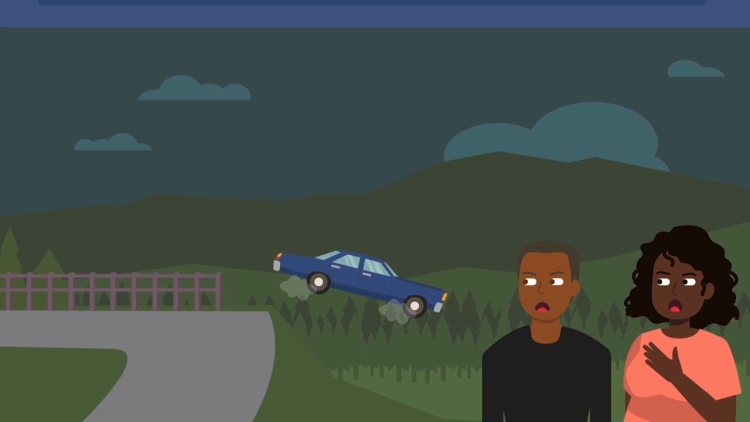In Re Joseph G.
Supreme Court of California
34 Cal.3d 429, 667 P.2d 1176 (1983)
- Written by Samantha Arena, JD
Facts
Joseph G. (defendant) and Jeff W. were 16-year-old friends. One evening, they were at the library speaking to other friends, and they stated that they were going to kill themselves by “flying off” a high curve on a nearby road known as “the cliff.” Joseph and Jeff’s friends did not believe them, but both boys repeated their intentions to kill themselves and left together in a car. The boys first fixed a tire, then Joseph drove off toward the cliff, with Jeff in the passenger seat. Joseph and Jeff drove around the curve of the road and over the cliff. Witnesses parked nearby saw the car plunge down the hill and said that it did not slow, swerve, or attempt to change course. Jeff died when the car crashed, and Joseph suffered numerous injuries, including the loss of his foot. After the crash, Joseph told his friends that he drove off the cliff on purpose. In a juvenile court petition to declare him a ward of the court, Joseph was charged with murder and aiding and abetting suicide, pursuant to the state’s penal code § 401, which provides that, “[e]very person who deliberately aids, or advises, or encourages another to commit suicide, is guilty of a felony.” The court upheld the petition in relation to the murder count, but dismissed the aiding and abetting charge, stating that it did not apply. Joseph appealed, arguing that he could only be convicted of aiding and abetting a suicide, not of murder.
Rule of Law
Issue
Holding and Reasoning (Mosk, J.)
What to do next…
Here's why 911,000 law students have relied on our case briefs:
- Written by law professors and practitioners, not other law students. 47,100 briefs, keyed to 997 casebooks. Top-notch customer support.
- The right amount of information, includes the facts, issues, rule of law, holding and reasoning, and any concurrences and dissents.
- Access in your classes, works on your mobile and tablet. Massive library of related video lessons and high quality multiple-choice questions.
- Easy to use, uniform format for every case brief. Written in plain English, not in legalese. Our briefs summarize and simplify; they don’t just repeat the court’s language.





